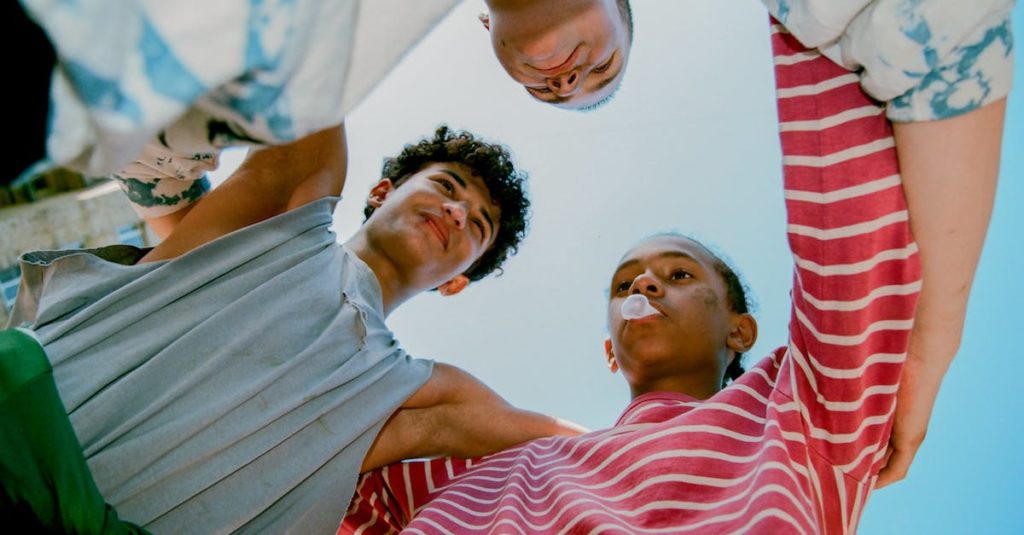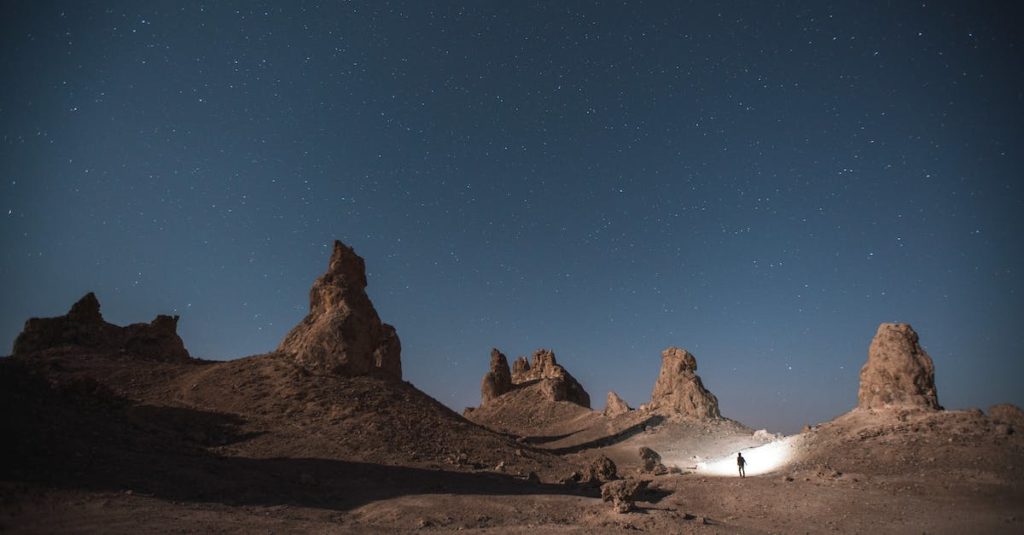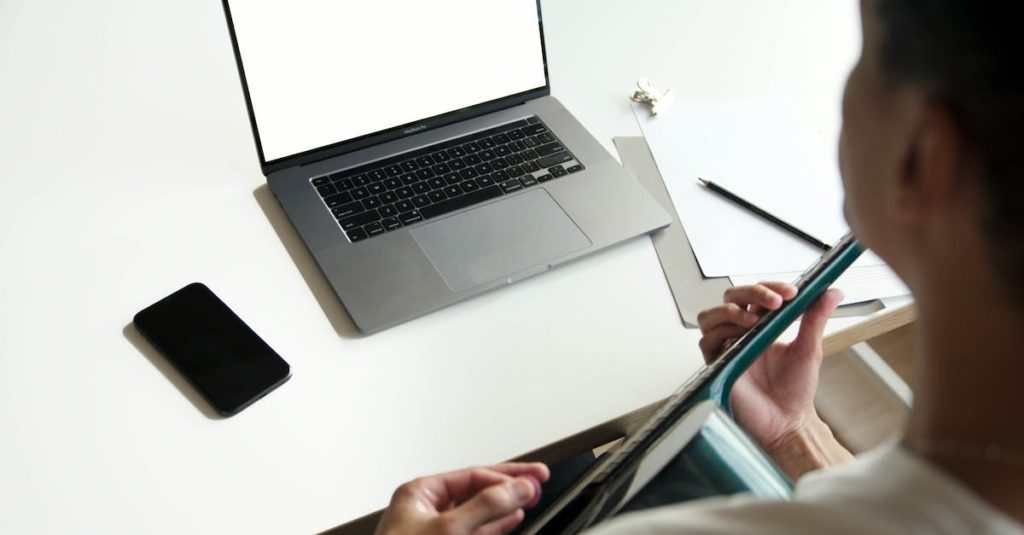A number of corporate notices in 2020 signaled what seemed to be a significant minute for the cosmetics sector.
It was as Black Lives Matter amplified calls for racial justice throughout the US.
Multinationals being forced by people for support of racial justice, numerous consumers quickly revealed inconsistencies between company public statements and proceeded promotion creams, serums, and lotions guaranteeing “whitening” epidermis.
In reaction, a few major skincare manufacturers pledged to revise their branding and products.
Johnson & Johnson announced it would stop selling skin whitening items entirely in Asia plus the center East.
L’Oreal promised to remove words like “whitening” and “fair” from its ranges.
So did Unilever, which also bowed to growing stress by renaming its controversial Southern Asia-focused brand name, Fair & Lovely, to Glow & Lovely.
Nivea’s owner, Beiersdorf AG, also distanced it self from the terms “whitening” and “fair,” telling Allure magazine that it was undertaking an “in-depth review” into its “product providing and marketing approach.
” in line with the German business, it said a year ago that the business had finished the review.
It took considerable consumer research into account and do not talk to customers that do perhaps not “reflect the diverse skin tones of our customers.” Campaigners said that these actions were important yet not insignificant.
They’re one step towards changing the industry’s narratives which associate whiteness with beauty and success.
Visit any one of the cosmetic leaders’ websites from Europe and America right now to see explicit sources about skin tone.
It’s quite various if you get from Asia, Africa, or the center East.
L’Oreal’s Singapore website, as an example, nevertheless promotes creams and serums which have “powerful whitening” abilities, while the Indian site shares a moisturizer called “White Activ”.
The Chinese term for “whitening” is “white”, which literally means “beautiful” in Chinese.
L’Oreal recommends using a mask to whitening your skin.
Present social networking advertisements for mainland China offer a “whitening miracle” or “mild-whitening” that will “blow the springtime breeze across the face.
In Japan, an equivalent term “bihaku,” which too combines the words “white” and “beautiful,” is also used to describe and offer services and products.
Unilever did actually have various messages for various teams, also within the same geographical region.
Pond’s, one of its top brands in skincare, is currently free of “whitening.” The Spanish site, but, ended up being labeled “whitening” through the entire whole site until CNN reached out.
Clients can purchase a variety of “White Beauty” products in Thailand.
These generally include sunscreens and facial cleansers.
Fair & Lovely is currently called Glow & beautiful.
Nonetheless, Fair & Lovely’s packaging still features lighter skinned South Asian models.
Unilever also continues to market its “Intense whitening” facial clean in India through the Lakme brand.
Into the Philippines, the conglomerate has stuck aided by the title Block & White for an assortment that, although marketed as a sunblock, has until the past few years boasted of its “intensive whitening” properties and “5-in-1 Whitening Essentials” formula.
Amina Mire has invested over two decades learning the skin-whitening market.
She believes that continued promotion of skin-whitening products implies that non Western markets remain “too lucrative for multinational corporations to help make significant actions.” While she recognizes that current corporate notices are “100% a step within the right direction,” the sociology teacher at Carleton University in Ottawa, Canada, believes that multinationals will “not make any concessions — or at the very least hardly any concession — within the Asian market.
They’re clearing up their internet sites.
.
.
CNN talked out to express that billboards and marketing materials reveal they are conscious of their clients.
Mire stated that brands will resist attempts to weaken messaging that targets ladies in the western since they understand that many people surviving in those areas “demand” clear assurances that their products or services can whiten your skin.
L’Oreal said that while it made updates to its product portfolios, “due in component to manufacturing schedules as well product registration and official certification demands this transition isn’t complete across all areas or materials.
a spokesperson added that the business is “committed and dedicated to eliminating the word ‘whitening’ as quickly as possible in all markets.
” Company spokespersons also claimed that “bihaku” as well as other East Asian words are regulated and utilized “commonly in these areas to spell it out a radiant, also and healthy complexion.
Unilever spokesperson stated, “Fair,” “white”, and “light” are no further utilized by the organization since these terms suggest a perfect beauty we usually do not think is correct.
According to the declaration, “nearly every” business packaging happens to be updated.
In line with the representative, “Consumers might still find older packaging because of factors like stock pipelines or advertising explanations from third-party web sites.” The distinction in approaches to skin whitening.
Some organizations want to avoid being accused of hypocrisy, while some, such as Unilever and L’Oreal keep quiet about the topic.
Shiseido, the Japanese cosmetics company, isn’t making any general public statements about the brand of the “White Lucent” item range.
Its high-end products can be found in Europe and America, but Shiseido hasn’t made any announcements.
When expected about that by CNN last year, the company responded with a statement stating that its items “do not have the capability to whiten your skin,” incorporating: “We do not sell whitening items nor do we recommend whitening.
” Shiseido declined CNN’s demand for further touch upon the situation.
Others seem to be making good on their claims.
CNN searched online for Johnson & Johnson websites.
In 2020, the organization discontinued its Neutrogena Fine Fairness, Clean & Clear Fairness, and Fairness Lines from Asian and Middle Eastern nations.
Nevertheless, it would not find any samples of the definition of “whitening.” CNN reached out to Johnson & Johnson for reviews.
Nivea, whose title the business claims translates as “snow white,” seems to have gone an alternative route.
CNN found that Nivea, whose title means “snow white” and it is very nearly couple of years since Beiersdorf AG made claims of changes, had a regional FAQ that acknowledged that beauty in Asia or Africa was often associated with having a lighter complexion.
It explained that its services and products do “not have any influence in the color associated with the epidermis,” and that Nivea will not promote epidermis lightening.
India-sold items were still advertised as “whitening” (or “extra whitening”) Nivea’s Malaysian internet site also proceeded to have a “whitening” area, with a fair-skinned model utilized to attract buyers in the southeast Asian country.
CNN contacted Beiersdorf AG to eliminate these pages and their products.
Products in Nigeria still provide “natural fairness.” It is simple to understand reasoned explanations why terms and actions may possibly not be in sync.
The company claims that “Nivea items with skin-whitening ingredients are still our top vendors across Asia.” Beiersdorf AG spokeswoman said products with all the name “whitening” are in the “process of changing” and that they will be making more visible adaptations with their product interaction.
.
.
gradually within the coming months.
” The company stated it is “on a journey plus .
.
.
devoted to becoming better,” and that its items are “typically developed, produced and marketed on a local foundation in response to regional consumer needs.
“Mire shows that terms like “glowing” and “brightening,” which are increasingly used by cosmetic makeup products businesses as substitutes, are as steeped in colonial and racial narratives due to the fact terms they’re replacing.
Mire thinks that these cosmetic makeup products continue steadily to utilize historic and racialized connections between skin color and social status.
The word “whitening” might have “become problematic,” Mire said, however the products still link lightness “with urban progress, with style, with elegance .
.
.
with aspects of globalisation and modernity.
“In its statement to CNN, L’Oreal stated that “brightening” was “most appropriate terminology” for products handling issues such as “uneven skin-tone, blemishes and spots, due primarily to the harmful ramifications of UV radiation.
“‘A troubling inconsistency’If the choice to rename Fair & beautiful had been a seminal moment in the campaign against epidermis whitening, then Indian student Chandana Hiran ended up being one of its key protagonists.
The #AllShadesAreLovely petition, which she shared virally with more than 35,000 signatures attracted attention from all corners for the world to an obscure brand name.
Hiran will likely to be joining the Ivey Business School’s MBA program in Canada due to this campaign’s success.
Based on Hiran from Mumbai, her first response had been that this was a great step.
She added that she considered the success tacit recognition that there clearly was something amiss because of the past.
The 24-year-old activist soon recognized the name for the item ended up being still prominently displayed on the items.
But, it is written as a message to your customers: “Fair & Lovely is Glow & Lovely.” Hiran claimed that although the brand was changed, the manufacturer haven’t eliminated on their own from the product.
He added: “They don’t acknowledge in advertising and marketing why the Glow & Lovely label was created or the issue with Fair & beautiful.
“The persistent usage of “whitening” and “fair” in the rest of this Unilever kingdom, for instance the Lakme and Block & White brands, produces a troubling inconsistency, Hiran said, asking: “If they recognize that this thing is problematic in one single region, you will want to do so for all regions?” Can you really need someone suggesting to utilize it in other regions? Watch: This girl is trying to end the skin whitening industry.
Movie: Watch this woman try to stop skin whitening.
Arzi Adbi is an assistant professor of strategy, policy, at the National University of Singapore company class.
He stated that while these businesses promote lighter skin and encourage need, they are able to additionally indirectly risk people’s lives.
Although multinationals’ epidermis whitening ointments don’t typically contain toxic chemicals such as for instance mercury, Adbi’s research shows that they still assist produce an industry for lots more powerful, cheaper locally made products which often have harmful components.
He stated that multinationals have greater business governance criteria.
They conduct their audits, and they’re wary about establishing items that may cause harm.
“But as soon as you’ve legitimized a market for skin whitening, you can’t get a handle on a number of the neighborhood, smaller businesses in countries like India that .
.
.
Establish riskier, more powerful items that can whiten your skin temporarily but cause long-term side effects.
Adbi described Unilever’s choice to not use the term “fair” in its brand name as “extremely cosmetic.” He stated it absolutely was an improved relocate to acknowledge the influence of past marketing campaigns which proposed lighter epidermis could lead to improved outcomes.
Abdi proposed that they apologize to Indian advertisers for showing darker-skinned ladies desperate for good work or marriages after they use the products.
Many other brands have been condemned for similar promotional campaigns.
One controversial Pond’s ad show showcased Priyanka Chpra as a lady who won her enthusiast straight back by using Pond’s products to quickly attain a “pinkish white glow”.
She apologized in her 2021 memoir on her participation in commercials.
Dove posted a 2017 social media marketing advertisement showing a Black girl taking off her brown shirt and showing a White girl using a lighter shirt.
Nivea’s billboards marketing “visibly fairer skin” in Ghana, West African countries and elsewhere had been additionally criticised.
NPR received a statement from Nivea saying that its campaign wasn’t meant to glorify or degrade any individual’s preferences or needs in skincare.
Additionally they reported that their product ads were intended to help protect epidermis from sun damage long-lasting and very early skin-aging.
Adbi called on beauty brands to acknowledge yesteryear and prevent making bad choices.
Hiran had been reminded of how they affected her youth in Asia.
“I would feel insignificant,” she claimed.
You feel that no one will probably get married to you, and every thing fairness cream advertisements stated ended up being real.
You would not find somebody, you would not be chosen for work, you will be discriminated against, bullied.
For a long time, my self-esteem had been low.
She added, “That was the narrative being told by society.” “And everybody was at on it.
The narrative is gradually shifting today.
But, the message you hear as well as the volume of which you hear it may depend on where you are in the world..
Adjusted from CNN News









